A Dreamless Sleep
A Distinctly Human Tragedy
The Legend of the two men, Gellark Lionrage and Varth Dreamless, is the most well-known tale in Totania. A story of sacrifice, grief, and triumph. It shows, in every piece of it, the flaws and the strengths of humanity itself.
A Sudden Appearance
Humanity appeared on Totania in the year -10. On the Northern part of Elone, a large group of Humans just... came out of nowhere. The Gods were perplexed as to where they had come from, but no one was more confused than the Humans themselves. They had thoughts of a home, long distant and destroyed. But now, they had no home. There was no place in Totania for the Humans. They had instead arrived right at the center of Goblin territory. In charge of humanity at the time, leading this group of survivors from a land that never existed yet they remembered fondly, was a man named Varth Dreamless. His name was ironic, many would note, for he was the greatest dreamer of them all. Varth dreamt of a home, where the Humans could settle down and be safe.The Goblin Matriarch and the Human King
The Goblin Matriarch, Zelgrile, had no intention of letting them settle. The Goblins had rightfully earned this land, away from Elves and Dwarves. They had claimed land once belonging to the Giant Kingdom, foes the Goblins would normally never stand a chance against. To give it up now would be to throw that all away. This was not even mentioning her daughter, who was close to adulthood, but was not quite there. Zelgrile still wanted to raise Zelgrile was not the only one with something to lose. Varth Dreamless had been trusted with the life of the 11 year-old boy Gellark Lionrage. He had raised Gellark since his father had run off to war, but the ideas of what that war was were now lost on Varth. All ideas of a past world were gone, and all that remained were dreams and ambitions for a new one.Athena
This was also true for another person in Humanity. A man named Eden Zunno was hopeless, feeling as if there was nothing left for him. When the rest of Humanity hid from or fought against the Goblins, Eden ran away. Far from the Nerodil landing site, all the way to a place known as Gremont. It was in Gremont that Eden found the Church of Athena, a giant structure created all in service of a singular Goddess. He was awestruck at the fact that such a temple had been created, seemingly, by Goblins. It was unbelievable, comparing the size of Goblins to that of the structure. It was also here that Eden found the statue of Athena. She could not form her avatar here, not yet, for there was no worship of her. But the statue was enough for Eden to see that Athena seemed to look Human. If Varth and his people were not the first Humans, there was something left here for them from their predecessors. If they were the first Humans, then these Gods had been waiting for them. In the Dreamless Sleep stageplay, he says after finding this:"Athena, O the beautiful Goddess,With this, Eden Zunno went from a man of little faith to a believer in not just Athena, but all the Gods. That Humanity was the chosen race of the Gods, and that they must get the blasphemous races like Goblins, who desecrated the temples, away from all Holy Sites. That Humanity must become the protectors the Gods wanted them to be. Zelgrile drove Eden out of the Temple, and Eden happily rejoined Varth's cause, informing Varth of the presence of Gods in Totania. He also told Varth the name Totania, saying it came from the text of a race known as "Giants." The final thing he told Varth was that the Gods were waiting for Humanity.
Wast thou waiting, and if so, why?
These faces I see before me, on you
And the statues that stand beside your grace
Appear Human, and yet how could that be?
How, unless, you were waiting just for us,
Humanity, to free you from your sleep.
I vow now, my lady, I shall free you!
Today, tomorrow, twelve years from today
However long it shall take, I'll return.
Belief Comes Cheap
Varth doubted Eden's words, saying that the Gods were likely nothing but false promises and meaningless worship. Varth did not like to think of religion, saying it often terrified him to think of such higher beings being not only real, but responsible for the world. To Varth, the only ones who should stake any claim over the world should be the ones living in it: man. So Varth laid claim on the land of Nerodil, training his adoptive son Gellark to fight. As he trained Gellark personally, he had Gellark train the soldiers what he had learned from Varth. With this, Varth hoped, Gellark would learn to lead. Meanwhile, Zelgrile trained her daughter Jibral as well, not just in fighting, but in leading. She taught Jibral to take care of her people and always consider their well-being over that of the nation itself or even her own person. To Zelgrile, there was not a single thing in life more important than the people that she reigned over, and she hoped Jibral would accept this ideal as well.Attack of the Goblins
Jibral would do no such thing. Jibral listened to her mother when she had to, but often disobeyed the Goblin matriarch when she was not present. The first thing she did to disobey her mother was observe the Humans. She wished to see whether they were truly as evil as Zelgrile said they were. The first thing she saw was the young Gellark training to fight. There was a grace and nobility in the way he swung his sword, one that made Jibral question whether Humanity was truly as vile as Zelgrile said. This, however, was then changed when Jibral saw Eden Zunno preaching of Athena. Jibral had always been taught to hate Athena, that the Church that stood in their lands to her only remained because it would be impossible to demolish thanks to the Giant architecture it was constructed with. Eden was also preaching that they must push the Goblins out of their land, as the Gods intended. Jibral had no intention of letting Eden and his heretical ideas go, so she gathered her forces and attacked the Humans. She was, however, not the great commander that her mother was, so while she did manage to injure Eden and kill a few Humans, she was forced to retreat with the Goblins before Varth arrived. However, this retreat was not for naught, as she did manage to capture Gellark Lionrage, who refused to fight back.A Dream of Symbiosis
Gellark had sensed that somewhere, deep down, Jibral did not want to fight. He knew Jibral meant him no harm, and allowed himself to be captured. Throughout his capture, Gellark found that there were not many differences between Humans and Goblins, aside from outward appearance and culture. He wondered if, perhaps, the Gods did not want Humanity to wipe out the Goblins, nor vice versa, but instead wished for them to live together. He thought that perhaps the statue of Athena was to show Goblins what Humans would look like when they eventually arrived on Totania. He even grew a slight friendship with the Goblins, specifically Jibral as well as his jailor, Seglat. Yet as Gellark grew to understand them, the rest of Humanity's opinions soured. Eden Zunno's preachings were having a consequence that even he could not think would happen, as many people began to want to eliminate the Goblins entirely.The Goddess of Death
Meanwhile, Varth Dreamless now started to believe Eden's teachings, that perhaps there were Gods out there. If there were Gods out there... perhaps they were waiting for him. Perhaps, too, they had something, anything, that could help him get Gellark back. Because without Gellark, Varth was lost, even though Varth was the one who was supposed to be teaching Gellark. And the Goblin attacks were just getting worse and worse now, to the point that Varth worried they may not survive the next one. So Varth got into a boat and travelled North. He had heard tale that there were Temples to the North. But he did not find the Temple of Phrixus or Papatūānuku, Gods who had Temples in the North that would be happy to lend him true aid. No, instead, Varth Dreamless landed in Moroza, where he fought his way to the Temple of Morrigan, Goddess of Death, Fate, and Doom. Morrigan appeared before Varth, knowing full well what his situation is. She told him that Varth's fate was already sealed, and he knew what the answer was. Death. He was fated to die. But Morrigan then said there was another option. Varth would die no matter what, but he could choose to not take Humanity with him. However, in doing so, he would also live, and yet he would die. For she offered Varth Item Magic, specifically Death Magic.Varth did not want the item. He considered it to be a curse, and in turn, that the Gods intended to curse Humanity. So, in turn, Varth cursed the Gods back. He said that he wanted nothing from them, but in thinking over his decision, he knew he had no choice. It was either he took Death Magic, or Humanity died out. To give life to his people, he had no choice but to face death. And Varth Dreamless accepted Morrigan's offer.Death Magic
Death Magic is a form of Item Magic that comes from the Raven Queen. As the name implies, what this magic controls is death itself. Coming from the Raven Queen's scythe, a Praxian item considered likely the strongest enchanted item ever created. What it does is kills the user, then turning them into a walking agent of death with their scythe. Then, the scythe has the power to kill anything it touches. The only way to avoid death when faced with Death Magic is to stay at a range or parry the blows from the scythe without letting it hit you.
Dead Man Walking
Varth gained the scythe, and Death Magic, in turn dying immediately. His body decomposed in an instant and his clothes tore as he became naught but a skeleton in a ragged outfit that was once thought of as distinguished. He became the Guardian of Life and, to do so, the Bringer of Death. He was sent back on his boat to Nerodil, where he immediately began rampaging, killing any Goblin that got in his way. Zelgrile saw Varth and laughed, saying that surprisingly she admired the leader of the Humans in what was interpreted in the Dreamless Sleep stageplay to say,"I admire you, oh cursèd HumanZelgrile was killed instantly upon fighting Varth, as were all Goblins that fought him. When he saw the death of Zelgrile, Seglat ran to free Gellark. No matter what, no matter their differences, Seglat had felt a friendship between himself and Gellark. And he knew that Varth was not paying attention to who he killed. As Seglat freed Gellark, he was cut down by Varth. Gellark hid away now, unsure of what to do as Jibral fled South away from the Humans with her remnants of Goblinkind. Some may have remained in hiding in Human territory, but most fled or died.
To devote yourself to such protection
Is something our God, Tohil, would frown at,
But to do so in death and destruction
Is another bold thing entirely.
Intervention
Jibral made her way South, where she found the city of Stallbourne. Here, the World Court was together. She told them of the danger she and Goblinkind were in, knowing that they were supposed to protect people from genocide. Judge Beta, the Elven Judge and current leader of the court at the time, agreed that they would interfere. They had a place they could lock up Varth if he could not be taken care of. That was a big if, however. Beta insisted in saying that if Varth could be handeled then they would not step in. It was not their job to interfere in such petty affairs, only when there was a crime being committed that went against justice. Thus, Jibral returned to Nerodil in fear. She had to prove, somehow, some way, that they could not take out Varth Dreamless. Even if it killed her. Jibral's mother had sacrificed herself for the Goblins, Varth had sacrificed himself for the Humans. Perhaps now it was time for Jibral to keep the cycle going. But this idea was quickly tossed aside when she reached Nerodil, as she readied her weapons, a hand placed itself on her head and told her to stand back. He said that she had no need to throw away her life. For in that moment, Gellark Lionrage was ready to fight his mentor, perhaps to throw away his life, and to save both Humanity and Goblinkind.The Lion's Rage
Gellark had been watching from the sidelines. He had seen Varth killing Goblins, to which he was appallled. But he knew that it was for the good of Humanity, to clear the land. He knew many of them had escaped, that they would be able to live on. He had thought that Varth was in control still. Yet then, he watched as the Humans tried to settle in Nerodil. He watched Varth raise his scythe and begin cutting them down as well. Man, woman, child, none were safe from Varth Dreamless. It didn't matter who it was on the receiving end of his scythe. He simply killed. But Gellark then saw Jibral attempt to step in, to solve the Human problem. He knew she would die, no one knew Varth as Gellark did, no one knew how he fought, especially to protect others. So Gellark stepped up. He told Jibral to run, to stay away from Humanity. He said that even if the cause of this was a God or a magical item, this was the nature of Humanity. Death, destruction, rage. That it was best to stay away. That the only one who could stop this was a Human. Gellark Lionrage approached Varth Dreamless, the man who had raised him, and cried. There was little left of Varth but bones. Gellark assumed that, with Varth in this state, he was to lead them instead. But Gellark questioned himself. If he was crying as he was now, if he could not with all his might take out Varth and bring him to peace, then what kind of leader, what kind of warrior, what kind of son was he? So Gellark thought to see Varth off not with anger. Instead, he faced his father figure with a smile, hoping that would be the final sight of Varth Dreamless. Not anger, not fear, not sadness, but a smile. With Gellark's blade, known as Lion's Rage, he fought against Varth. Parrying each attack, understanding Varth's movements, and even shooting some blasts of magic at Varth. Gellark was, after all, an Ace, so he used every affinity he could to rid the world of the mess that he had caused by not being good enough. Now, in this moment, he would be good enough. He would put an end to Varth's killings. He would bring, to Varth and the world, justice. No matter how much it hurt.A Neverending Fight
It was said, with the way Gellark parried Varth's attacks, that it looked not like a battle. The clashing of their blades was said, instead, to appear as if it were a dance. A dance of love, of grief, and of hate. Of life and death. Since then, the stage adaptation has adapted the scene into a literal dance between the two, following every written account to make the most beautiful and accurate portrayal possible. Yet Gellark could not kill Varth, as Varth was deemed unkillable. Immortal. And Varth could not kill Gellark, as Gellark could predict his patterns. Varth, with his Death Magic, even raised from the dead some Dead Men to try and defeat Gellark. But Jibral stepped in now, intent on saving Gellark. She held off the Dead Men, telling Gellark to lead Varth South. That if Varth was brought to the World Court, he would be taken care of. So Gellark listened. Gellark brought Varth to Stallbourne, where after one civilian was killed, Judge Beta stepped in, leading Varth onto a ship bound for the World Cell, where he would be trapped for all eternity. Gellark lamented not being the one to finish him off, and that Varth would be forced to suffer forever, but the World Court did not allow him time to mourn. Immediately, he was crowned King of Nerodil and told that it was to be his duty to lead the new nation of Humanity.Stage Adaptation
A Dreamless Sleep is not the traditional title of the myth. The normal title is "The Human Tale" which is meant to represent not only how this is the founding of Humanity on Totania, but a story of the most Human emotions. Love, grief, and acceptance. A Dreamless Sleep, however, was popularized as a title for it after Lizardfolk playwright Getoh penned what is often called his magnum opus. A Five Act Stageplay, written in combination of Prose and Iambic Pentameter Verse, this play is believed to accurately portray the Humanity behind each person involved in the conflict, from Varth and Gellark to Eden and Zelgrile. A Dreamless Sleep has, since, become heavily performed by many theatre troupes around Totania. It is most popular in Human cities, known for promoting loyalty to the King, the Court Wizard, or the Church of Athena depending on the production. Some performances even give more sympathy to the Goblins, and a version was requested by the Goblins and edited by Getoh to focus more on the Goblins. This version is called "The Goblin Cut."Characters
Varth Dreamless- The protector and leader of Humanity
Gellark Lionrage- The future First King of Humanity
Zelgrile- The Matriarch of the Goblins
Eden Zunno- The future First Head Priest of Athena
Athena- The Goddess of Civilization, Law, and Invention
Morrigan- The Goddess of Death, Fate, and Doom
Jibral- The daughter of Zelgrile
Judge Beta- The Elven Judge of the World Court
Seglat- The Goblin jailor of Gellark Lionrage
Political Play
This play is often performed with some intended political message in mind, often placed within the subtext. Often it is done to support either the King, Court Wizard, Church, or Goblin rights. However, there is also the slim chance that the performance is not meant to glorify any of these. A theatre troupe known as the Alzirgos Players are known to perform this, and other similar plays by Getoh, in criticism of current politics. Meanwhile, Lady Athena's Men perform the show once a year to honor the founder, Eden Zunno, and their Goddess.
Act I- Humanity arrives on Elone, are repelled by the Goblins
Act II- Varth trains Gellark as the Goblins plan out how to stop Humanity. Eden Zunno stumbles onto the Church of Athena, alerting the Humans to the Gods and faith.
Act III- Zelgrile attacks the Humans, injuring Eden Zunno and capturing Gellark. Varth Dreamless is given an offer by Morrigan to sacrifice his free will and life to safeguard Humanity.
Act IV-Varth Dreamless kills the Goblins, with some of them fleeing South. This alerts the World Court to the goings on, with Zelgrile's daughter Jibral informing them of the situation. Gellark Lionrage sees Varth on a rampage and decides he must step in
Act V- Gellark fights Varth in a dance sequence. The World Court imprisons Varth, while Gellark is crowned King and Eden Zunno Head Priest. Gellark ends the play with a service at the Church, honoring and condemning the Gods in one sentence and giving Varth the posthumous title of Court Wizard. Then, Gellark gets on a boat and disappears North.
Act II- Varth trains Gellark as the Goblins plan out how to stop Humanity. Eden Zunno stumbles onto the Church of Athena, alerting the Humans to the Gods and faith.
Act III- Zelgrile attacks the Humans, injuring Eden Zunno and capturing Gellark. Varth Dreamless is given an offer by Morrigan to sacrifice his free will and life to safeguard Humanity.
Act IV-Varth Dreamless kills the Goblins, with some of them fleeing South. This alerts the World Court to the goings on, with Zelgrile's daughter Jibral informing them of the situation. Gellark Lionrage sees Varth on a rampage and decides he must step in
Act V- Gellark fights Varth in a dance sequence. The World Court imprisons Varth, while Gellark is crowned King and Eden Zunno Head Priest. Gellark ends the play with a service at the Church, honoring and condemning the Gods in one sentence and giving Varth the posthumous title of Court Wizard. Then, Gellark gets on a boat and disappears North.
Prologue
A Dreamless Sleep by Getoh begins with a prologue, where the Chorus addresses the audience to give them a rundown of what is to come. Audiences often want to hear what they're in for, and for plays like this they care little for spoilers, as the tale is so well known that to come and not know it is rare if not impossible.Chorus
In a strange new world of hostility,The race of Man, noble, warlike, and cruel
Were met by a group of like-minded men,
Still warlike, still cruel, yet lacking the rest.
Neither Man nor Goblin wished for peace, for
What, they pondered, could they possibly share,
For Men had many colors, yet none green.
With foul and wicked weapons raised to throats,
A sword pointed either direction watched,
For first move would then determine first death.
Humans pulled, and Goblins pushed, back and forth,
An endless struggle, where no man slept, No
Man dreamed of anything but an end to
This ceaseless corpse collection created
By such beastly men as seen in mirrors.
Come back with us, to fields of Nerodil
And Gremont, where suns have not since shown so,
To see Humanity at its basest,
Lost, grieving, afraid, and may we shine light
Once again on those battlefields of yore,
To show in glory there is also grief,
And so, too, in grief, glory comes once more.
Varth's Soliloquy
The most famous text from A Dreamless Sleep is the soliloquy given by Varth Dreamless at the end of Act III. Morrigan has offered him Death Magic in exchange for his life, offered him the chance to save the Humans and clear the land of Goblins for them to settle on. Then, she leaves the stage.The soliloquy Varth gives afterwards is considered one of the most iconic texts in Totanian literature. Written entirely in the form of Iambic Pentameter. It, and the moment before, go as follows:
Morrigan
Think on you my offer, oh Dreamless one,For tomorrow shall come, and so, too, death.
Varth
What curse afflicts our being more than life,For life is the beginning and the end
Of the Gods hellish, heavenly curses
On the state of innocent noble men.
There is no way we make it out of here,
The Goblins are too numerous and strong,
Even my strength is not enough for them.
Yet, Morrigan has offered me power,
Of which I would be a fool to decline.
Yet am I a fool for considering
Her offer with such weight as I do now?
The words of Gods carry with them power,
Power of which I lack as Varth Dreamless
But what is Varth Dreamless but a wizard
And what a wizard but a noble fraud?
Is there nobility in sacrifice,
Or is the noblest end prolongéd?
Death is the gift, both the power and the
Punishment, that I stand to gain from her,
Her who is death incarnate, and I life,
Yet I am to death as she will to life,
The harbinger and herald of future
Announcing life and death respectively.
I am not ready for death, these hands of mine
Stain themselves not with blood of the blasphemed
But with the lifeblood of such worldly men
And women that I do protect alone.
To accept is to court death, to court death
Is to except life in some small doses
In exchange for the world I so desire.
Curse you, cruel Gods, for I wish to be there
Beside you in the Heavens above, naught
Any worry but worship and such praise,
For the worry you send for us to bear.
Grant me seat among your counsel, wise Gods,
So I be free of mortal suffering
And become the dealer, not the dealist,
A name at the footnote of history
Trampled over by greater, wiser men.
Allow me a fate above marble clouds
Beyond this life you damn me to, as I,
Forced to stare Mistress Death in her cold eyes,
And yet still, allow me seek refusal.
Nay, it is not my place to refuse her,
Such an offer comes as often as the
Dawn of man on a new and strange planet.
Aye, what good is the life of a Dreamless
If the dreams of all others are trampled?
Fall now, myself, into an endless sleep,
A dreamless sleep, of which I will not wake!
For Nerodil, for Gellark, for you all,
I condemn myself to death a thousand times
And Humanity, I condemn to life.
Gellark's Lament
Gellark Lionrage also has a famous speech, this one being said to Varth before their final duel. This speech has often gained traction after war during funerals, with phrases like "The graveyard among the stars" being used quite often in eulogies to refer to Heaven.The line of "What executioner weeps so?" has a famous use in politics, as it is said that the Dwarven King Regram said that to his son once, when his son Berdar wept after learning that Regram would die one day. Regram laughed to his son, whom he had been raising to one day take his place, and quoted the line from Gellark to his son and replacement.
Gellark
Varth, this can’st be thine face I now behold,The eyes filled once with love sink now to death
And the hands that had raised me from mine youth
Now cut me down to meet thine own maker.
This be not you, for if ‘twere truly you
Then what, perchance, am I? I, your pupil,
When you hold no longer eyes. Have I sunk
Too, into the darkness, where’s nothing left?
If ‘twere true, why do these tears of mine fall
When mine eyes should be sunken as are yours?
How am I to face you, whether it be
In combat, as a student, or a man
If my tears do cloud my words and judgement?
I must not, either retreat now from you
And allow your rampage to continue,
Or I must sink mine own eyes as yours are,
So that I, your student, am strong not weak.
Let my blade carry your frail soul onwards
Towards the graveyard of the stars above,
And let it not hesitate to swing so.
Yet, why doth my blade not raise against you,
Why must my bones shake as I stare at yours
Unable to act, whilst fully aware
Of what I must do? Must it be conscience
Telling me ‘tis wrong to kill mine father,
Even if not by blood, but by bond alone.
Perhaps it is not conscience either, but
Emotion that holds my blade back from you,
Or else, what be the meaning of the rain
As it storms down from the clouds on my face,
Which darken each day I lose sleep, for your
Crimes and deeds keep me up and torment me.
What type of executioner weeps so,
As to show grief before the blade is swung
And make the final moments ones of pain
More than the pain that thine death shall carry.
So I will cease my tears, as you do yours,
And welcome you to Hell with but a smile,
As your happy pupil ends your sad life.
Prayer of Eden
Eden Zunno gives a prayer in the second to last scene of the play, to commemorate the loss of those Humans that died to Goblins, to commemorate their victory against the occupiers of the Temple, and to commemorate their new religion and civilization. It is after this speech that Athena manifests in her temple and speaks directly to Eden to write the Foundation. This speech was banned from most productions after Ram Rodraz took over the Church of Athena, as it was seen to go against Ram's ideas of what the Church should be.Eden
The Gods smile down on us today, my friends,Though we hath lost much in our journey here
We stand together now, all the better,
For we are in Athena’s light now.
Brothers, sisters, and everybody else,
I am happy you are with us right now,
Even watching from the Heavens above,
For this is the day of Humanity!
Where all the children of Athena join
Hands to celebrate victory over
A common enemy who roamed her halls
For too long. But no longer shall we let
Athena be corrupted, no longer
Will she be tainted by such imagery.
So, my friends, my family, join your hands
And pray with me, for our troubles are done.

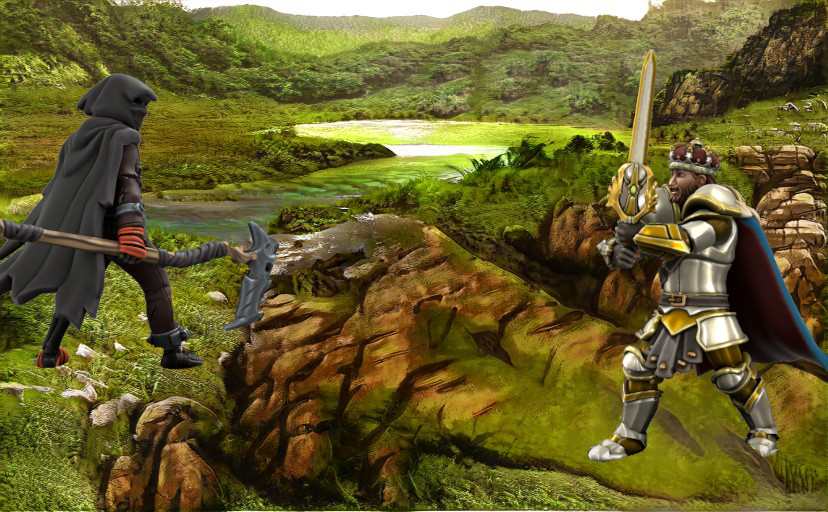
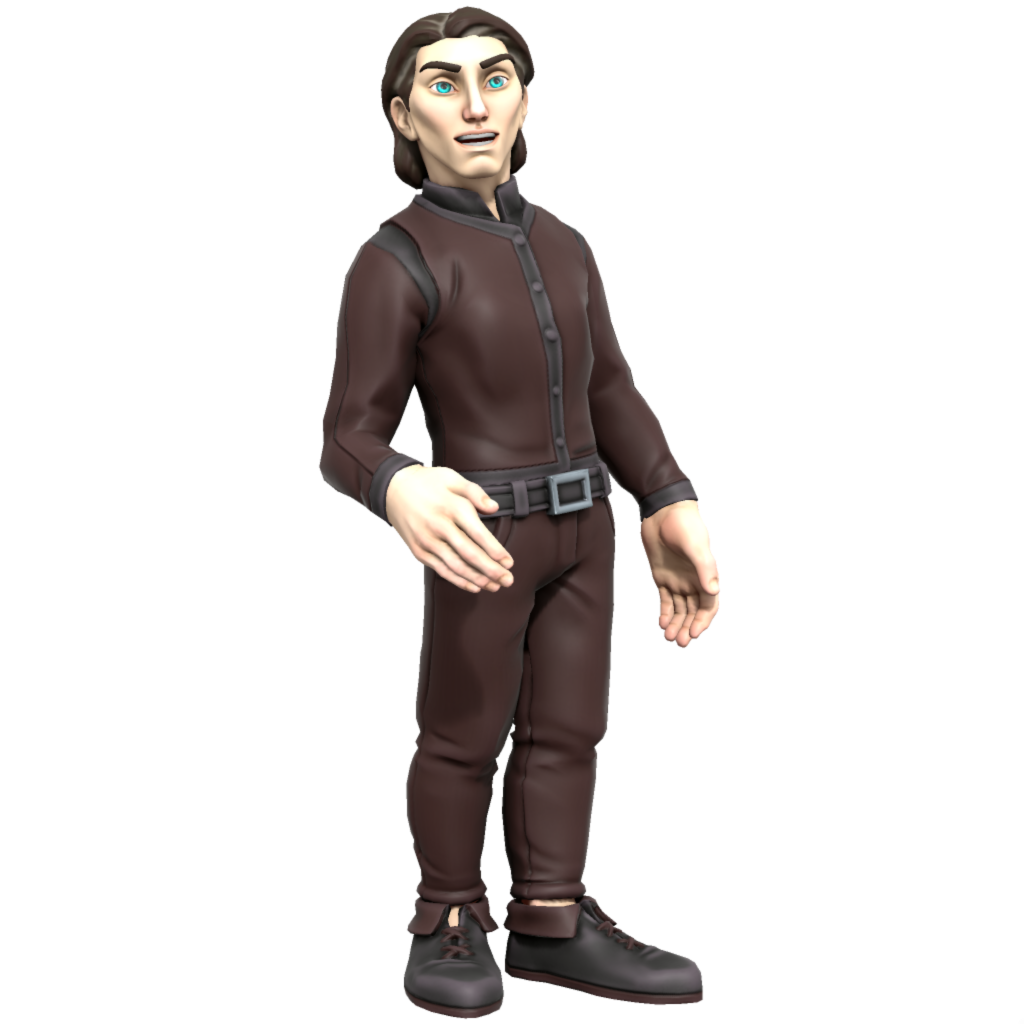

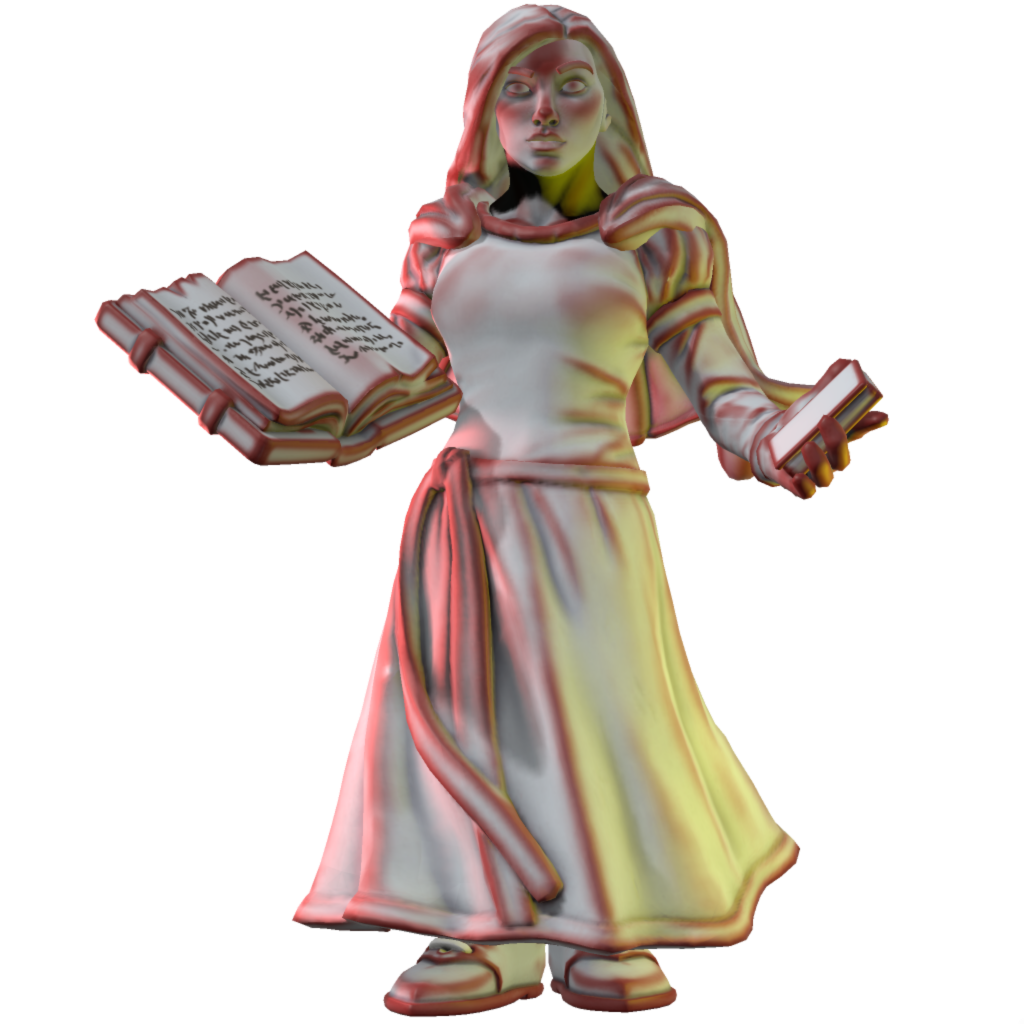
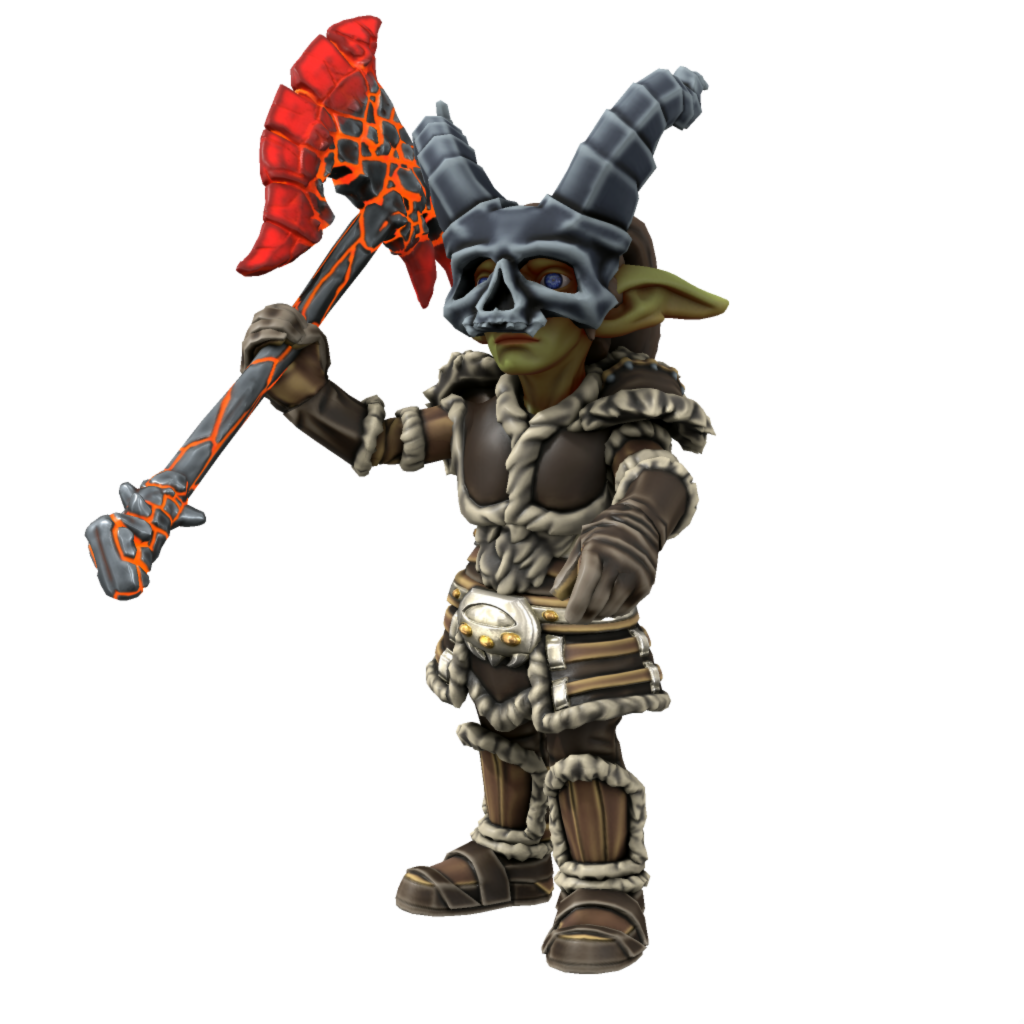
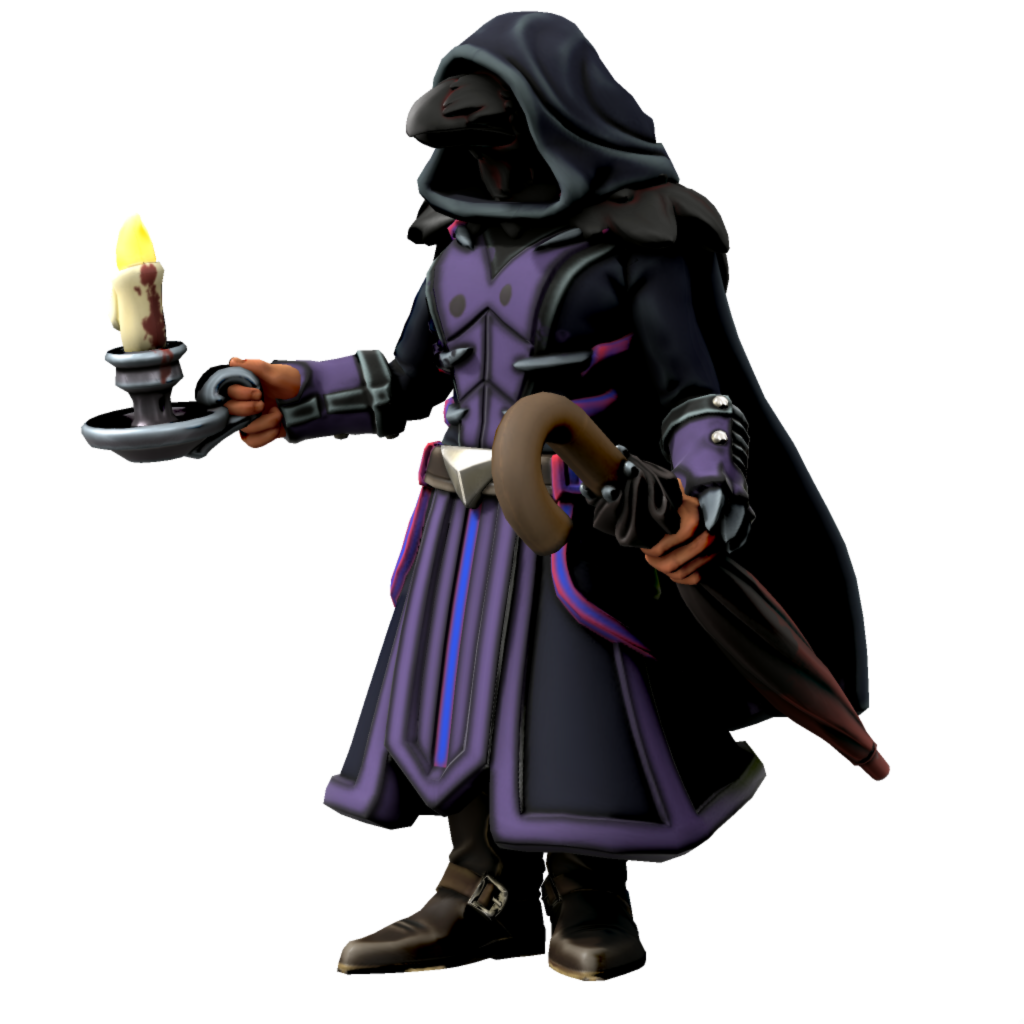
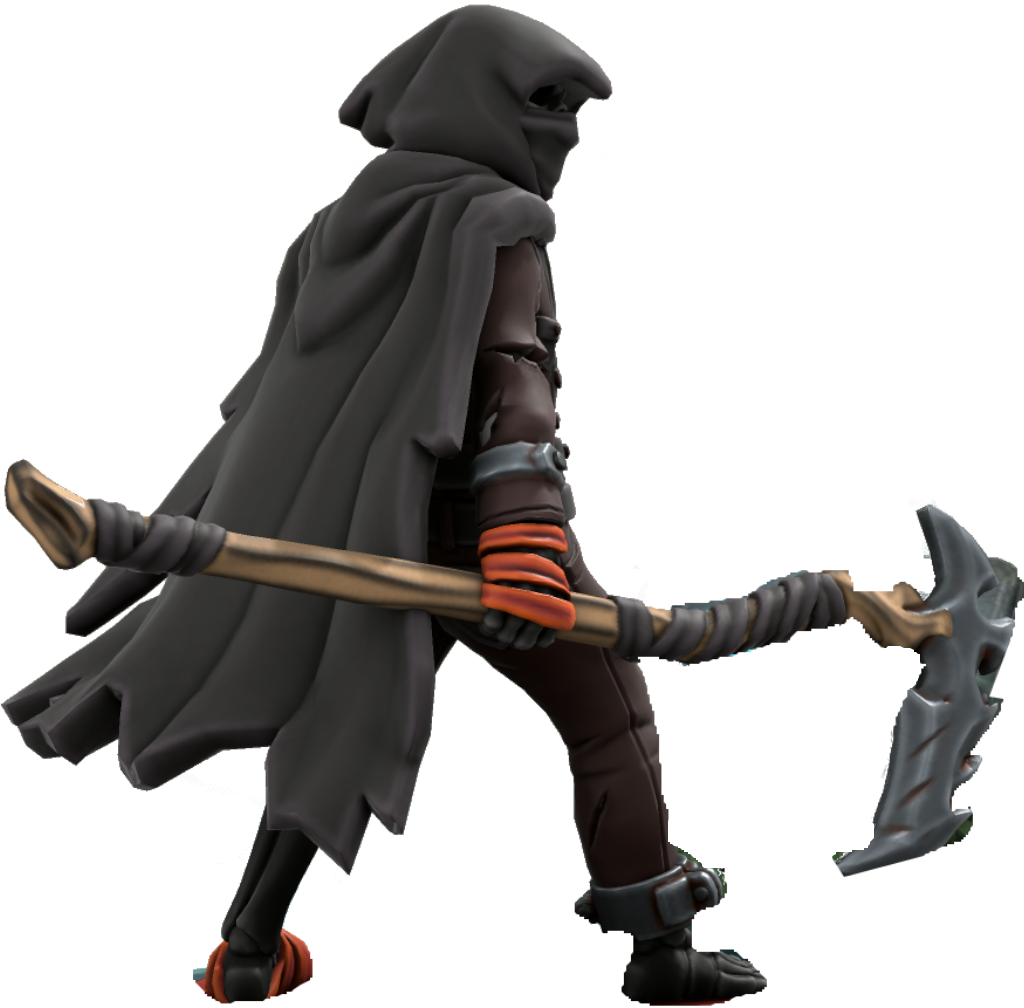
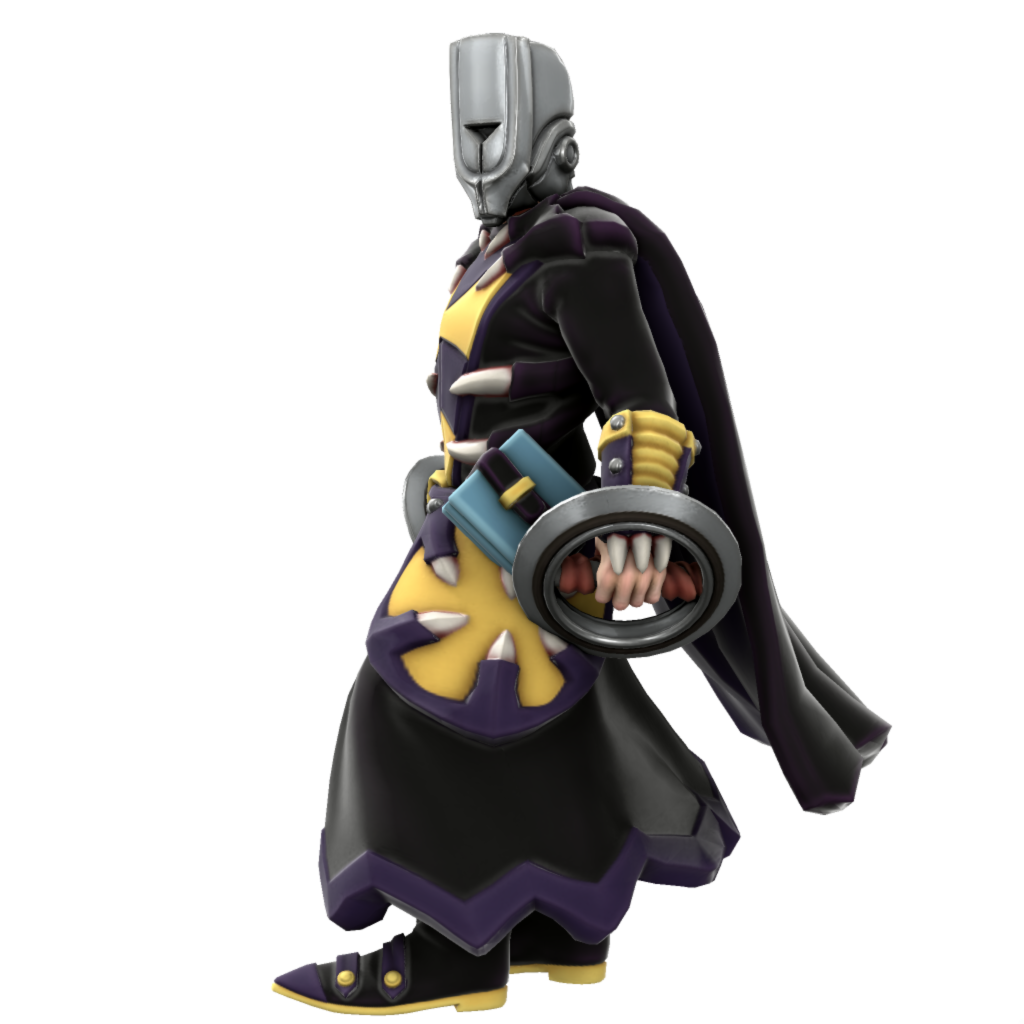
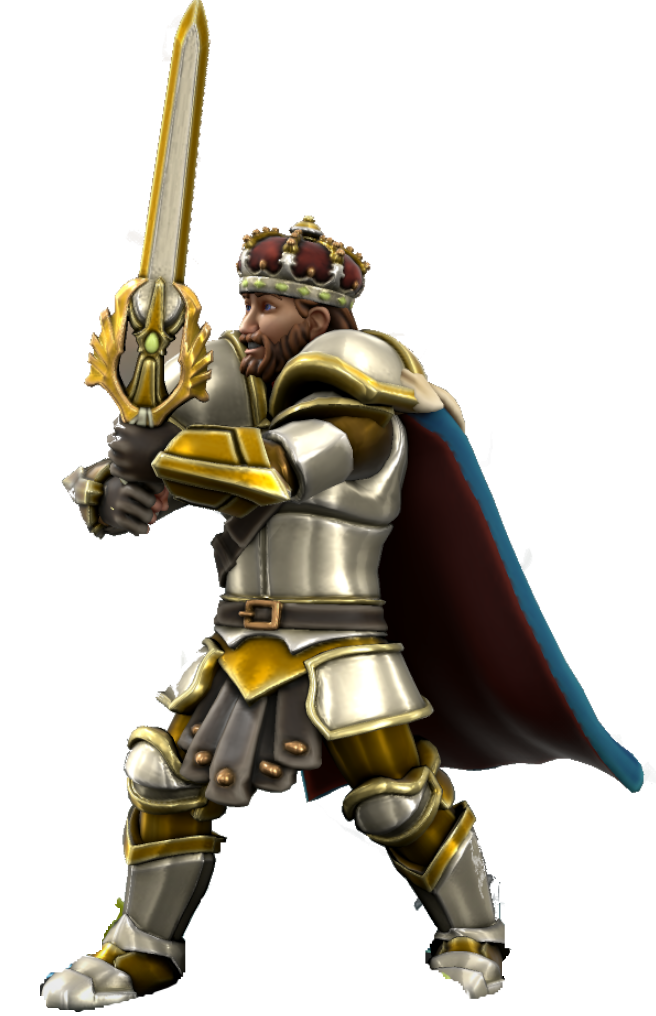
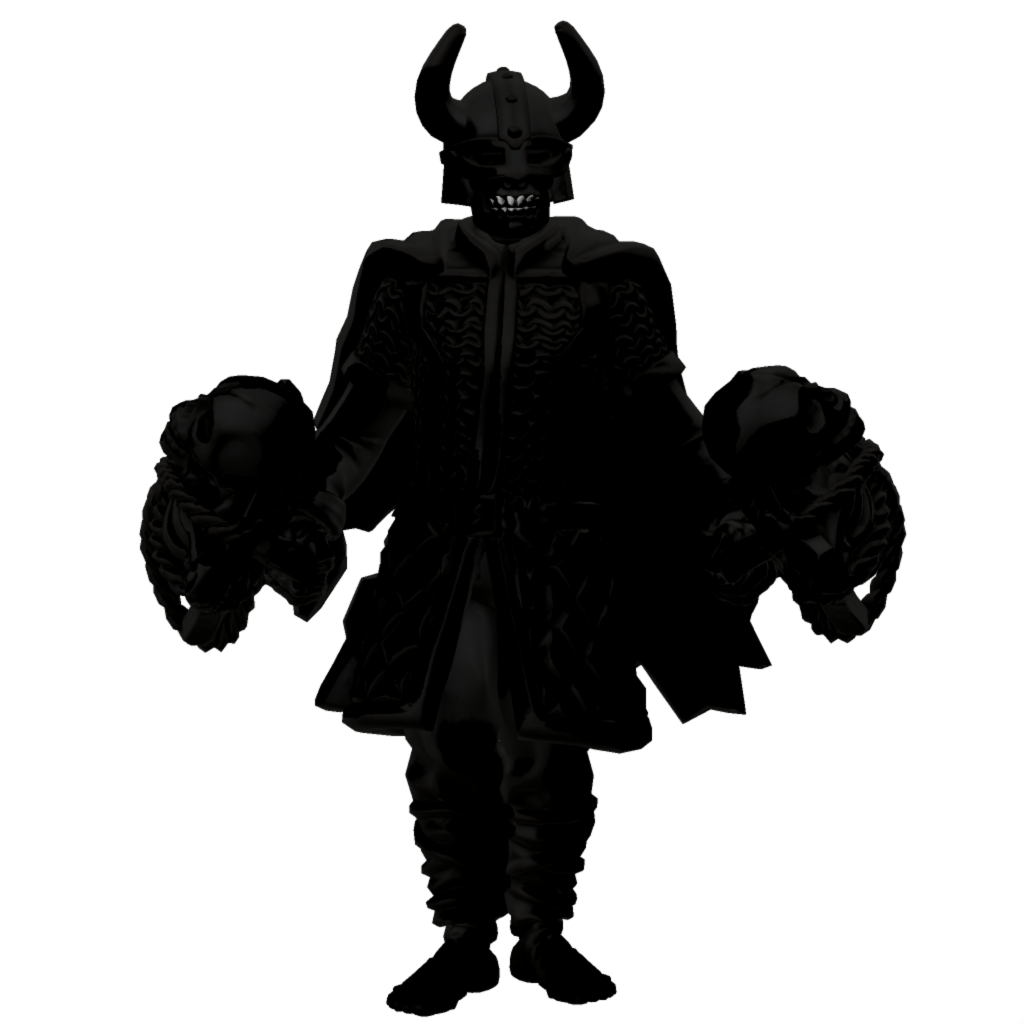
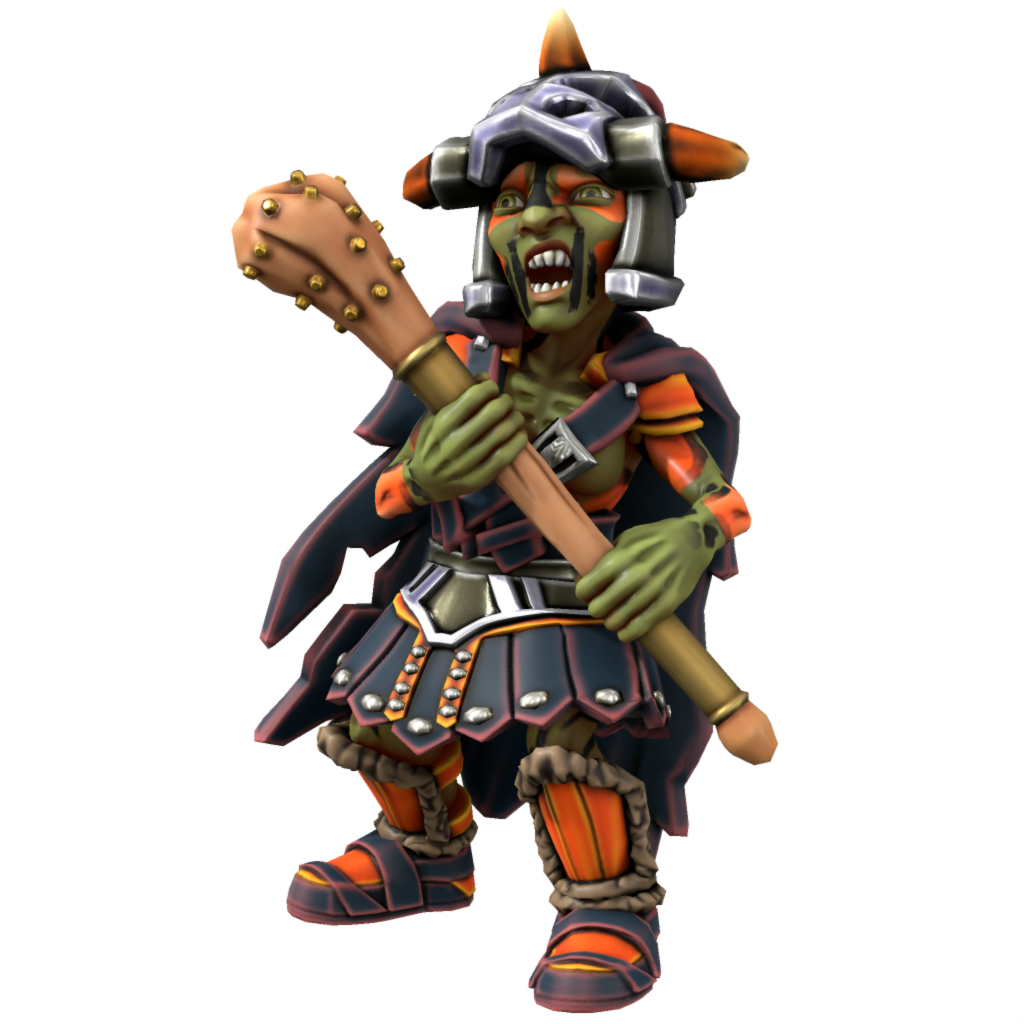
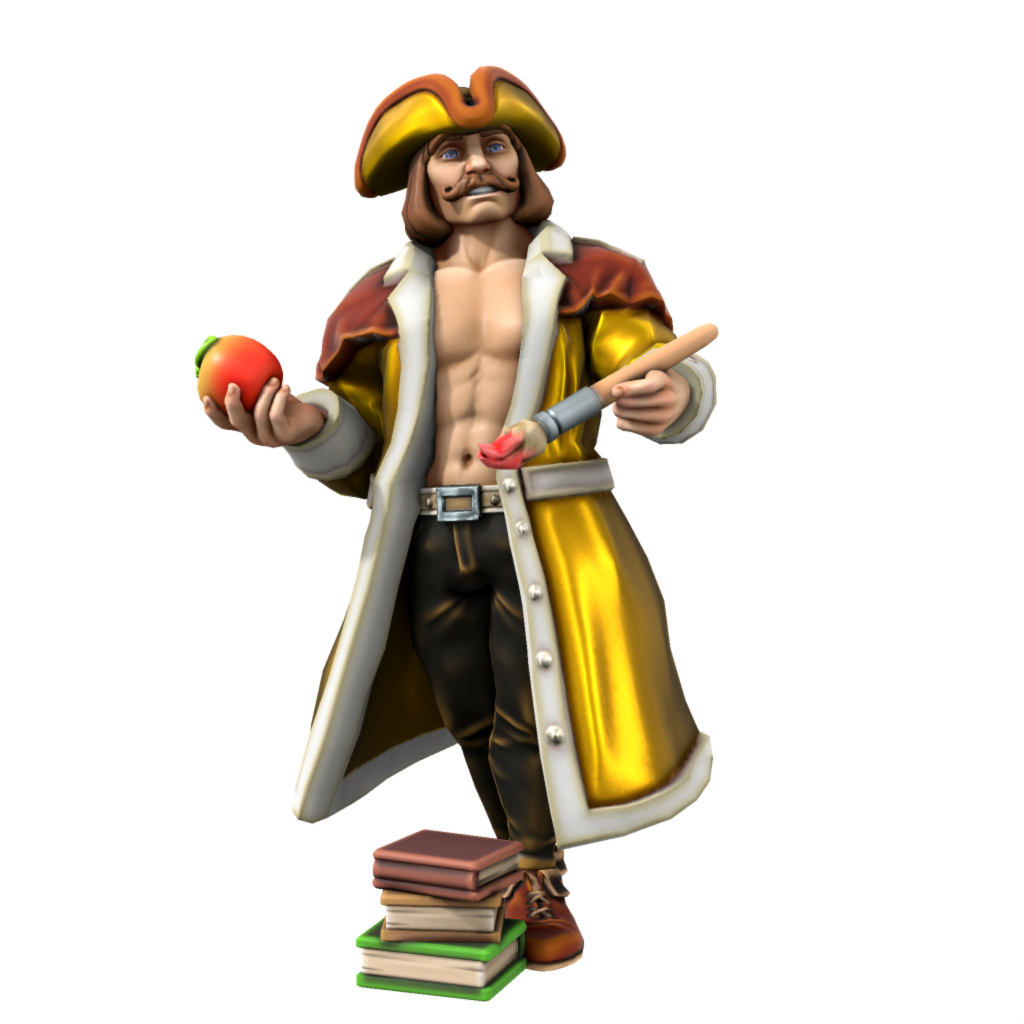
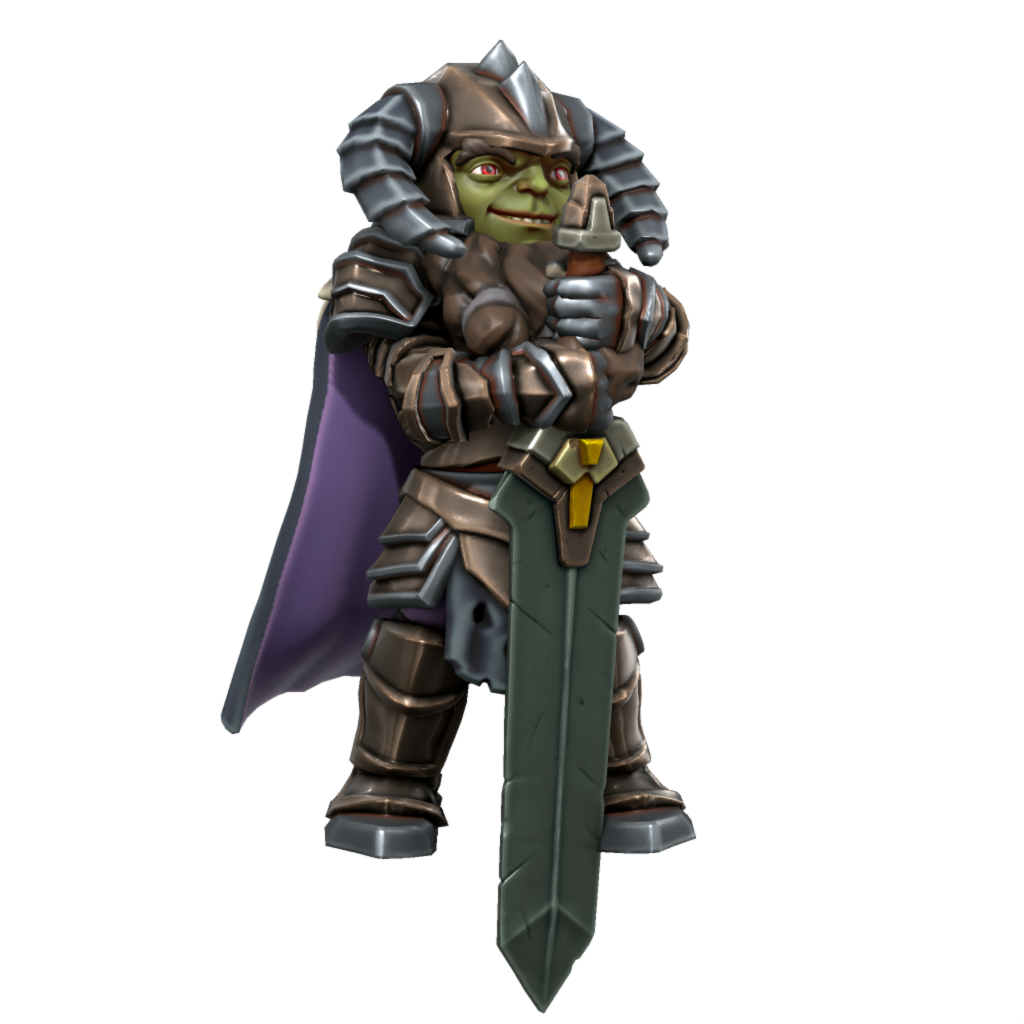
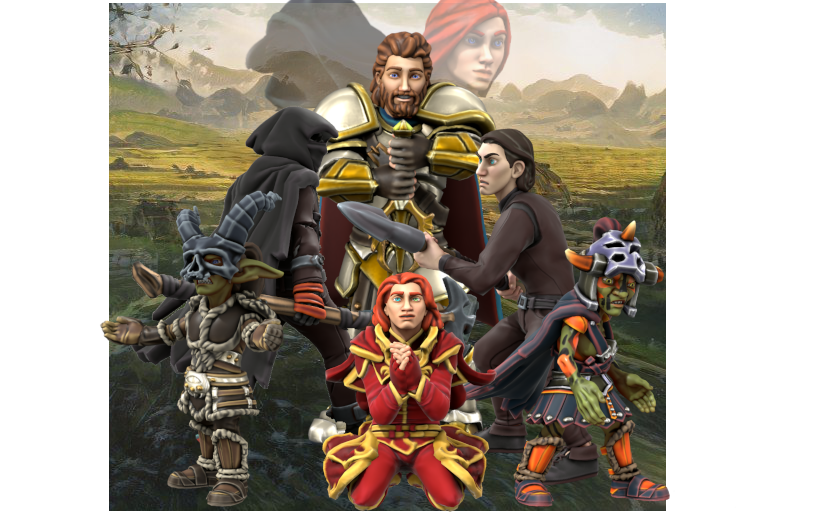

Comments